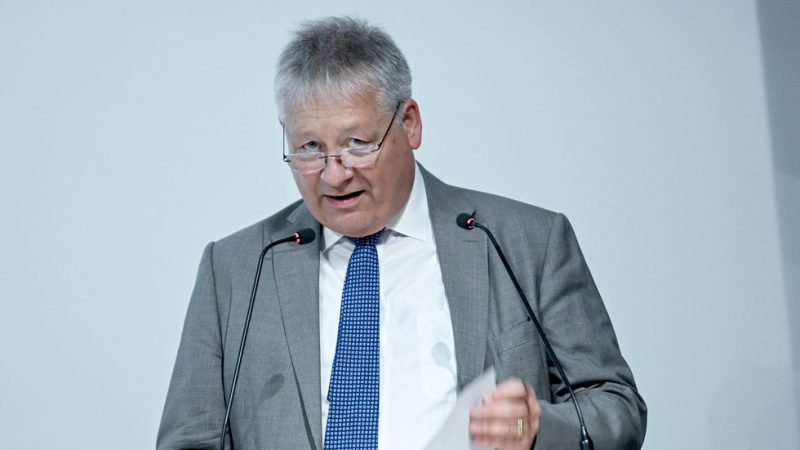
Germany’s intelligence chief, Bruno Kahl, has issued a stark warning: Russia might attack NATO countries once the conflict in Ukraine concludes. This chilling prediction comes as Germany, and indeed much of Europe, grapples with the implications of the ongoing war and the need for increased military spending.
Kahl’s statement carries significant weight, given his position at the helm of Germany’s Federal Intelligence Service (BND). His assertion isn’t based on flimsy speculation; instead, it’s grounded in the observed escalation of the conflict in Ukraine and Russia’s increasingly aggressive posture. The ongoing war, he argues, serves as a stark demonstration of Russia’s willingness to engage in military actions that directly challenge international norms and threaten its neighbors.
The implications of this warning are profound. It underscores the growing concern among NATO allies that the conflict in Ukraine isn’t an isolated incident but rather a potential prelude to broader aggression. This concern is further fueled by Russia’s recent military buildup and its increasingly assertive rhetoric towards the West.
This warning is not just a call for vigilance; it’s a justification for the significant increase in military spending being proposed by Germany and other European nations. The need for stronger defenses, improved intelligence gathering, and enhanced cooperation among NATO allies has never been clearer. Kahl’s statement serves as a potent argument for those advocating for a more robust and proactive approach to deterring further Russian aggression.
While the exact nature and timing of any potential attack remain uncertain, Kahl’s warning serves as a crucial wake-up call. It underscores the need for NATO to remain vigilant, strengthen its collective defense capabilities, and continue to support Ukraine in its fight for self-determination. The international community must take this threat seriously and work together to prevent further escalation and safeguard peace and security in Europe.
The coming months and years will be critical in determining how the West responds to this looming threat. The world watches, hoping for a peaceful resolution, but prepared for the possibility of further conflict.










